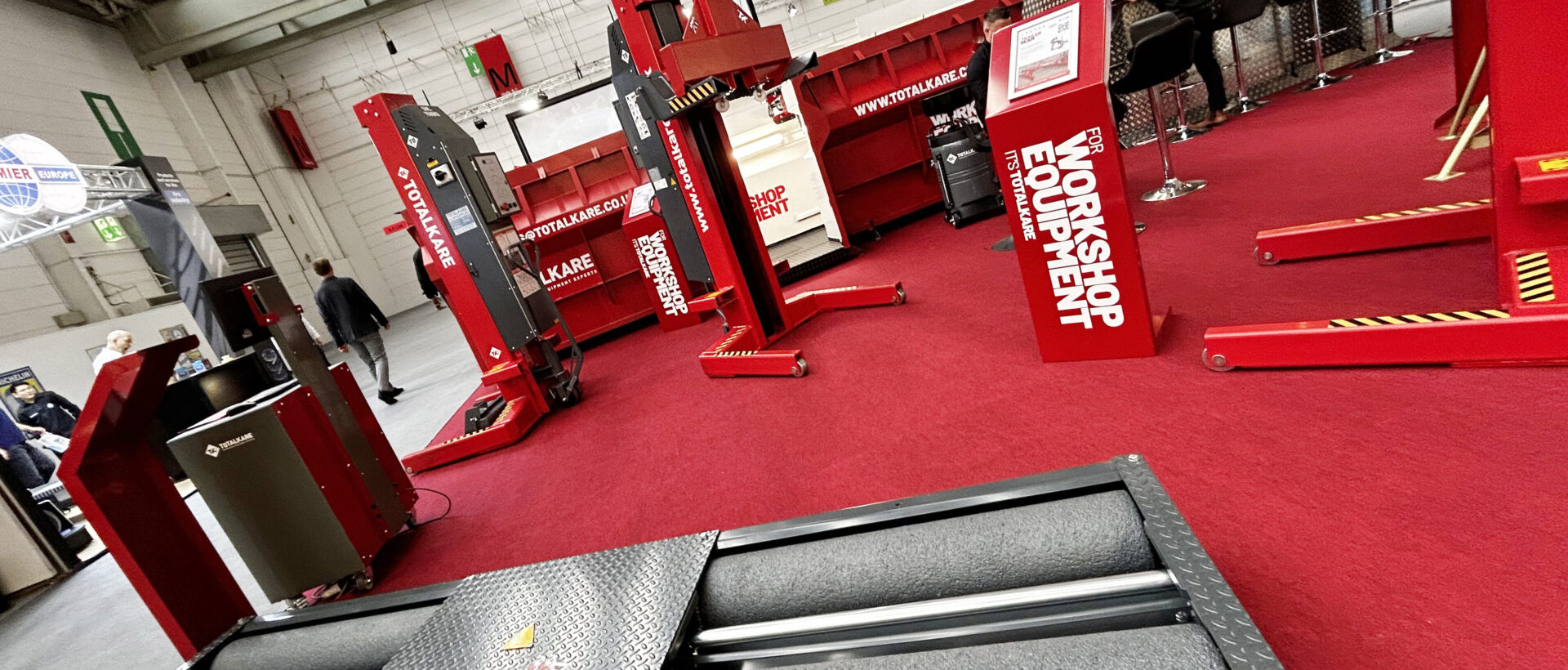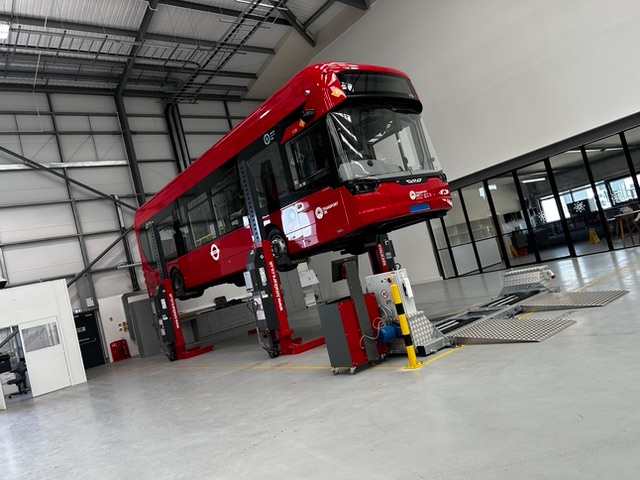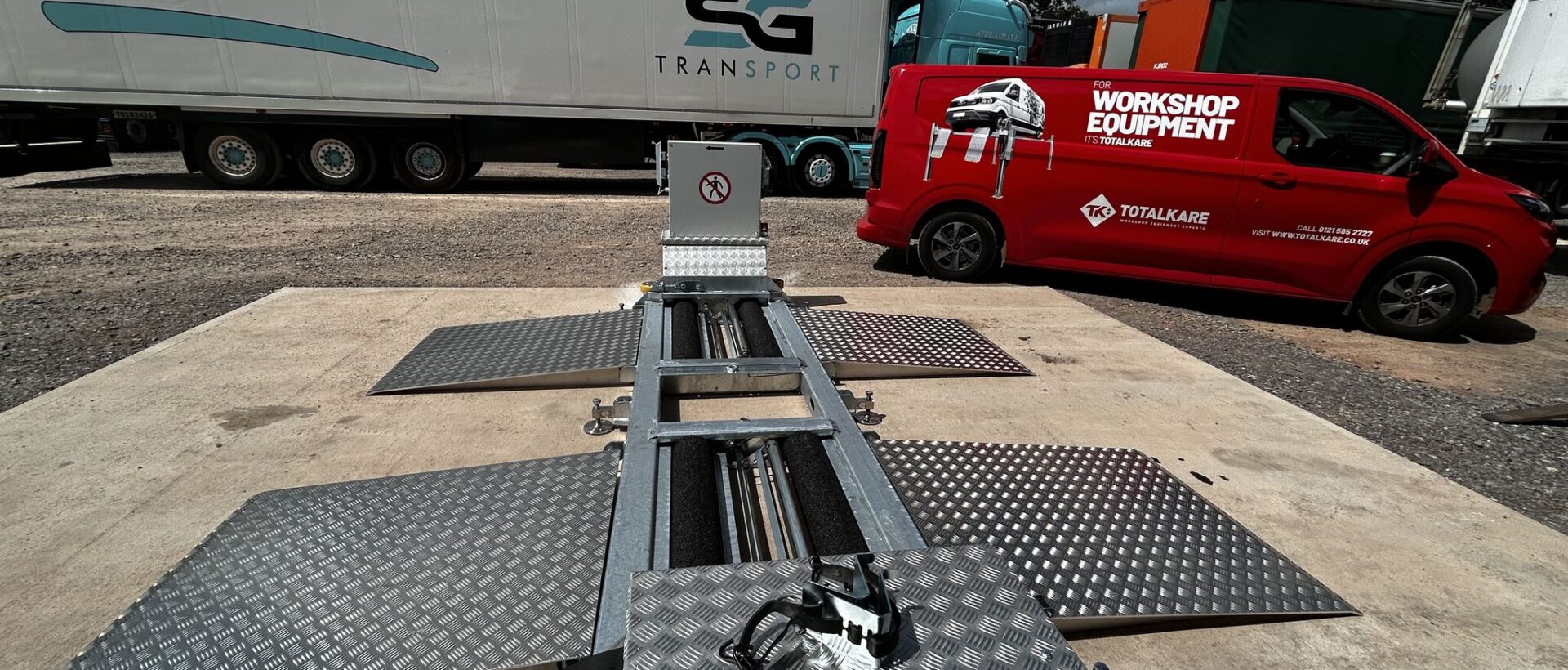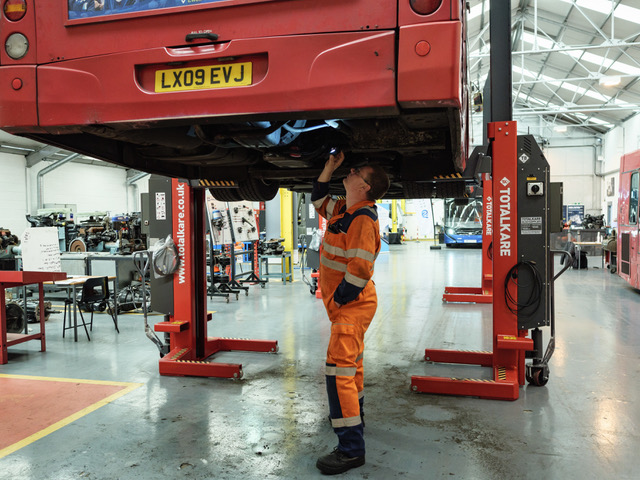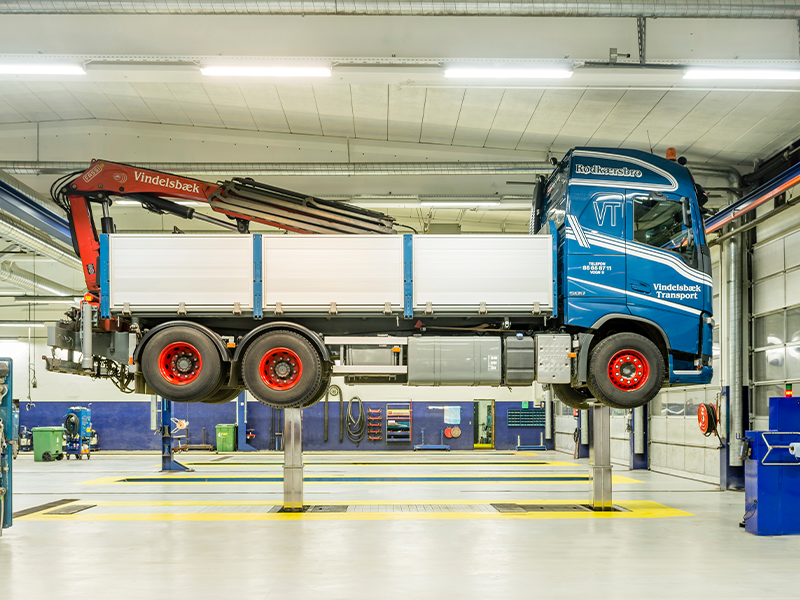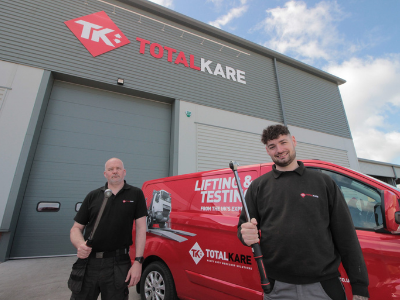No matter how bad the weather in the UK gets, there’s always a demand for air conditioning in vehicles.
And when it comes to servicing AC systems, things can get tricky – with specialised parts, delicate systems, and some components that are difficult or impossible to service and repair.
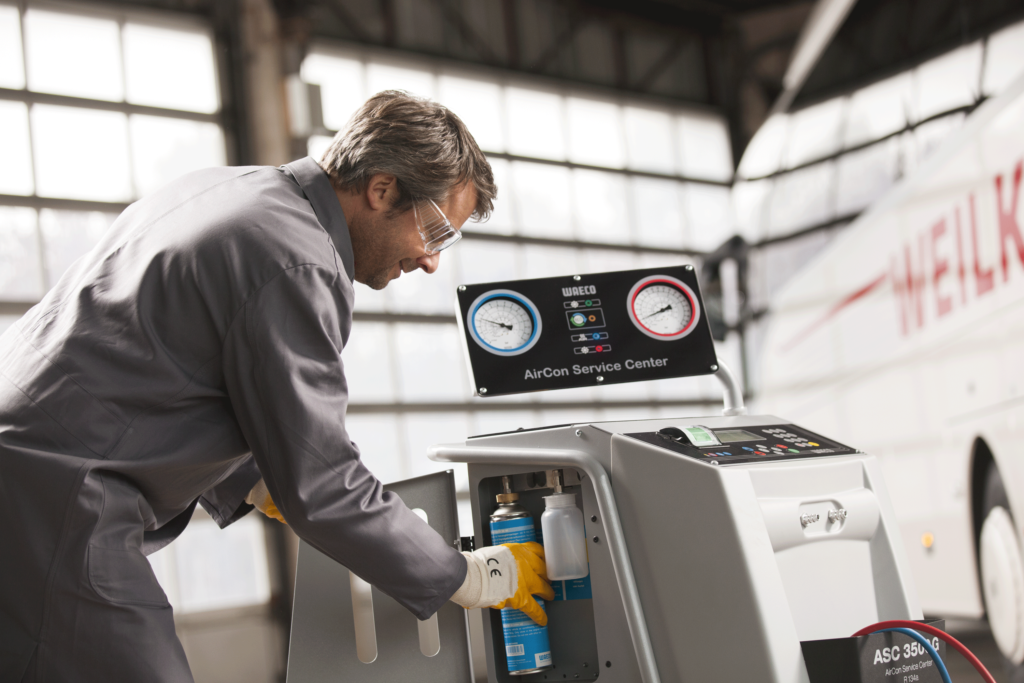
So if you’re looking to reduce your costs and get the longest life out of every vehicle’s AC system, it pays to understand the finer details of how things work.
Here’s what you need to know about vehicle air conditioning – and why it’s so important to get your fleet serviced.
How Does Vehicle Air Conditioning Work?
At a basic level, vehicle air conditioning works just like any other kind of air conditioning. The main difference comes down to the size of the air conditioning system and how much space it takes up – there’s plenty of space in a room or a building, but not so much inside a vehicle!
In simple terms, air conditioning is about manipulating a refrigerant between liquid and gaseous states.
(A ‘refrigerant’ is a general term for a mix of chemicals inside an AC system. It’s used for its ability to easily change between a liquid and a gas.)
When a refrigerant turns from a liquid to a gas, it absorbs heat. And when it turns from a gas into a liquid, it releases heat.
By moving this refrigerant around and swapping it between a liquid and a gas, an AC system is able to effectively move heat from one place to another – like from the hot cabin of a vehicle to a place where it can be expelled (or used where it’s needed).
So What Does That Mean for Your Fleet?
No matter what kind of AC systems your vehicles use, they all operate under pressure. More specifically, they need to maintain a particular pressure at different stages of the process. And that means they all need a steady flow of refrigerant to work properly.
Any blockage, debris, or leak in the system can lead to an air conditioning unit that stops working. Or even worse: damage to the essential components of the air con system.
When there’s a leak in the AC system (which means refrigerant is leaking out), that pressure and volume can drop.
Without the right pressure and volume of refrigerant, those essential components could start overheating – and even start to damage themselves.
So if you want to keep your AC systems healthy (and your costs down), you need to be able to identify and locate any leaks as soon as they appear.
How to Find a Leak in Your Vehicle’s AC
The easiest way to find an AC leak is with a specialised tool that’s built for the job. And depending on the type of vehicle you’re servicing – and the type of leak you suspect to find – you’ll usually have three main options for detecting leaks:
1. Uv Tracing for Non-invasive Testing
By adding a safe and non-invasive ultraviolet additive, you can get fast and simple leak detection with a high accuracy – and a relatively low cost.
Our own UV Leak Detection Tracer, for example, is based on high-quality refrigerant oils, with no solvents whatsoever.
That means our UV Tracer won’t cause any wear on the seals in the vehicle’s AC system – and it doesn’t impair the refrigerant oils’ lubricating ability.
2. Electronic Leak Detection for Smaller Leaks
Some AC leaks are smaller than others – and some leaks are found in awkward locations that are normally hard to reach.
But with a handheld detector (like our Totalkare Electronic Leak Detector), you’ll be able to find smaller leaks in difficult spots – with the same high accuracy and sensitivity you’d expect.
3. Nitrogen Detection for Larger Leaks
If you think you’ve got a significant AC leak on your hands, one way of checking is by using nitrogen gas.
Our own Nitrogen Leak Detector, for example, is perfect for the initial testing of a system with a larger leak – or even a system that’s running nearly empty.
Want to Learn More about Vehicle AC?
Air conditioning systems can be tricky beasts. And if you’re running a workshop that regularly services AC systems, you’ll need the right equipment to help make your jobs easier.
Check out our full range of AC servicing tools – or talk to one of our experts to get the advice you need.
This article was originally published by Totalkare Ltd.


